Publications
Articles, publications, books, tools and multimedia features from the U.S. Institute of Peace provide the latest news, analysis, research findings, practitioner guides and reports, all related to the conflict zones and issues that are at the center of the Institute’s work to prevent and reduce violent conflict.
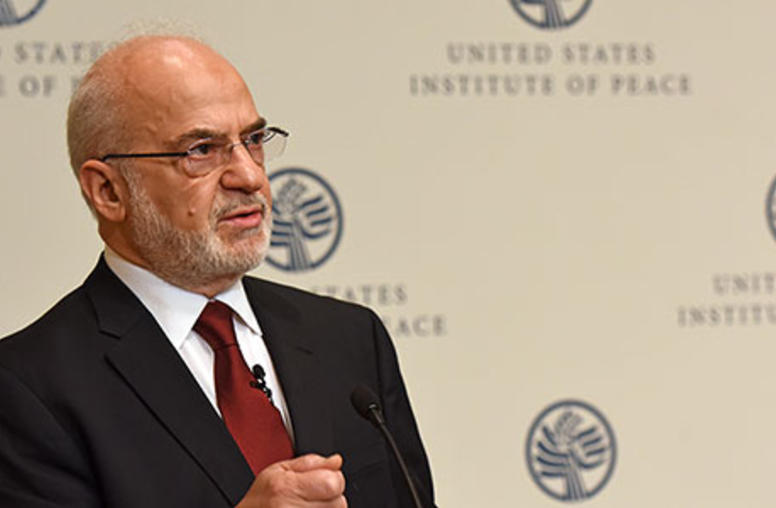
Iraqi Foreign Minister Appeals for Post-ISIS Aid
Iraqi Foreign Minister Ibrahim al-Jaafari and U.S. envoy Brett McGurk today emphasized the urgency of planning and financing Iraq’s recovery from the ISIS onslaught as areas the extremist group had controlled are recaptured more quickly than expected. The two spoke at the U.S. Institute of Peace in advance of an international conference of donors to Iraq convening in Washington tomorrow and a meeting the following day of the global coalition backing the fight.
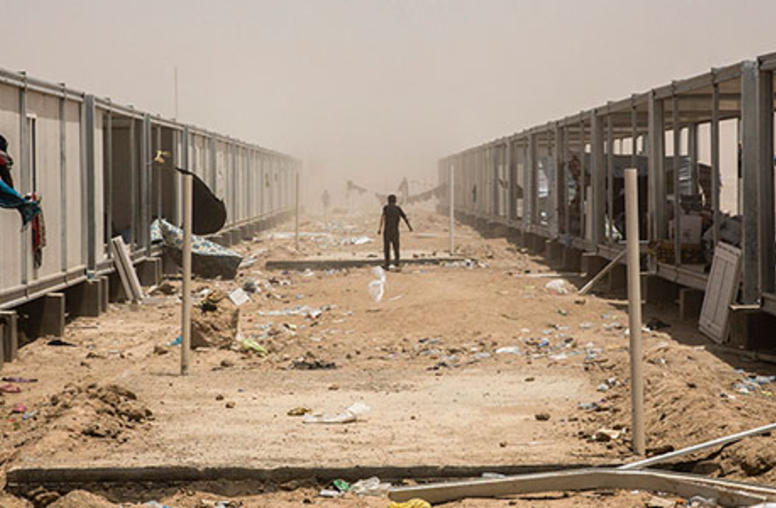
For Iraq’s ISIS Targets, Urgent Need for Aid and Security
The recent U.S. designation of genocide to describe the ISIS extremist group’s killings and persecution of minorities as well as Shia Muslims in Iraq and Syria highlighted the long history of oppression of religious and ethnic groups and the questions looming about whether religious minorities especially can survive in the region, according to USIP Senior Program Officer Sarhang Hamasaeed.
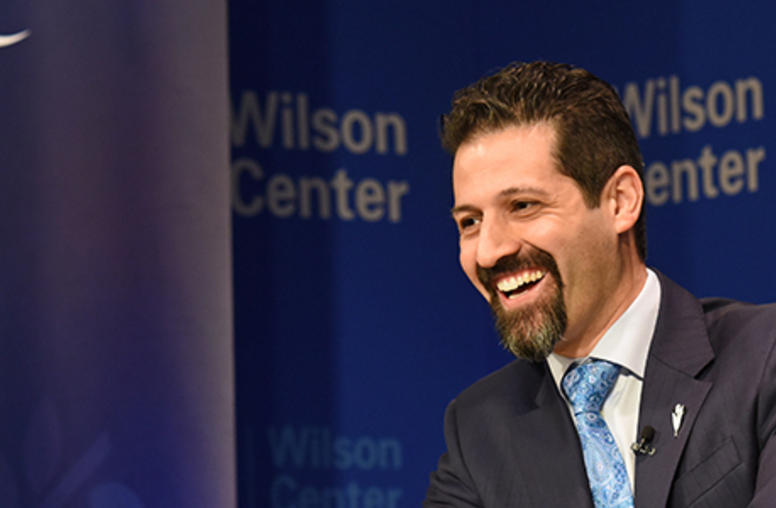
Iraq Operation to Recapture Mosul Needs Plan for Aftermath
The planning taking place to recapture Iraq’s second-largest city, Mosul, from the “Islamic State,” or ISIS, extremist group should involve not only meticulous military preparations but also careful thought to ensuring a peaceful aftermath is sustainable over the long term, said Qubad Talabani, the deputy prime minister of the country’s Kurdish region, which has helped lead the drive to end the extremist organization’s hold on vast swaths of territory. But the Kurdistan Regional Government (K...
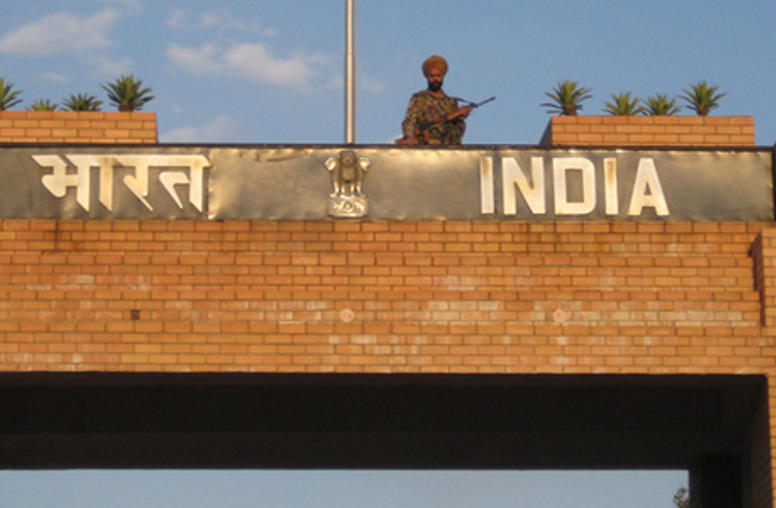
Is the United States Ready for the Next India-Pakistan Crisis?
When terrorists attacked India’s Pathankot air base near the Pakistani border in January, and India said the assailants had come from Pakistan, observers worldwide momentarily held their breaths, wondering whether this confrontation would spin into wider violence.
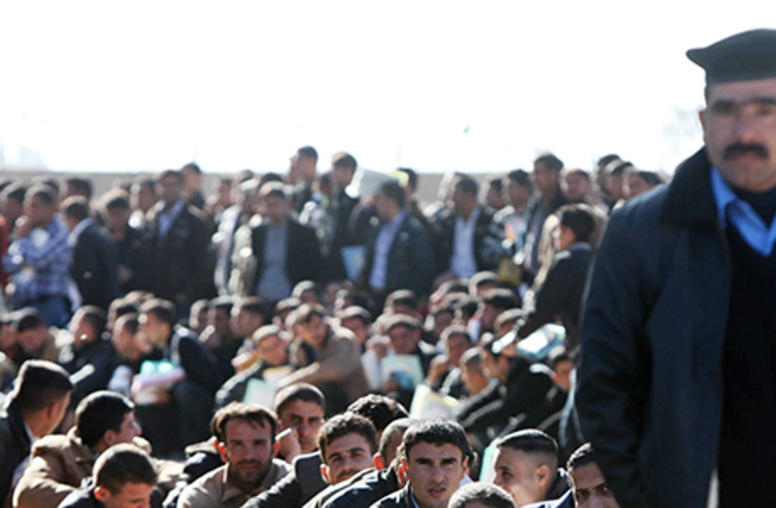
Iraq Research: Sense of Injustice Is Key to Violent Extremism
Three years of public polling in Iraq by Mercy Corps has put hard figures to an often-cited theory about the spread and attraction of violent extremism. More than poverty, joblessness or any other dispute or social ill, it is the perception—or reality—of injustice that fuels support for armed opposition groups.
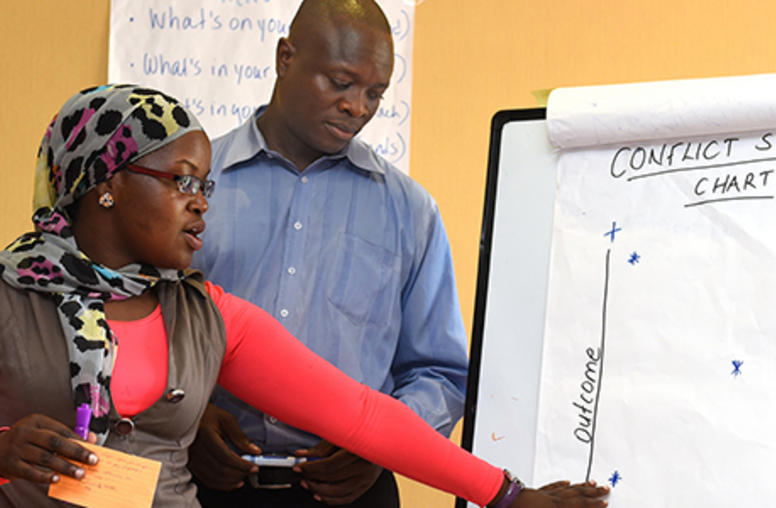
Landmark U.N. Resolution Elevates Youth in Work for Peace
In a landmark decision, the United Nations Security Council this week adopted its first resolution to address the critical role that young people play in preventing and resolving conflict. Resolution 2250 on Youth, Peace and Security, which passed with the unanimous support of the U.N.’s 193 member states, is especially vital given that more than half of the world’s population is under the age of 30, and 70 percent of them are concentrated in Africa and the Middle East, two regions roiled by violent conflict.
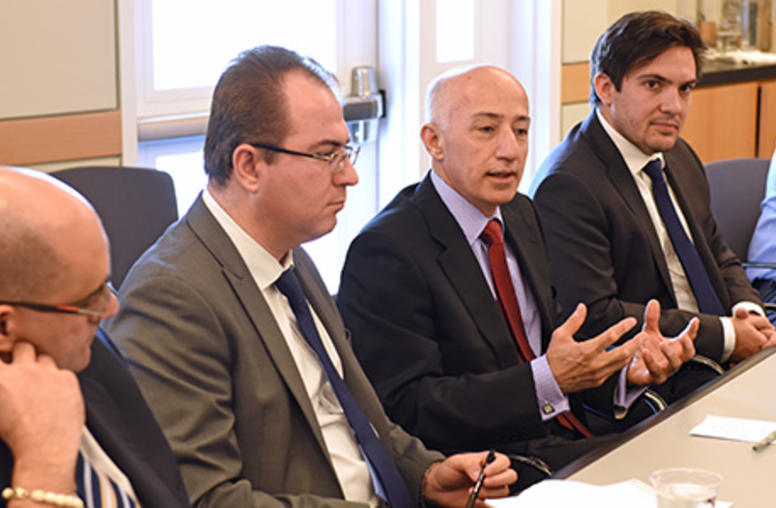
Rare Stability Is At Risk in Iraq’s Kurdish Region and Elsewhere, Middle East Experts Say
Iraq’s Kurdish region, which has been crucial for containing the Islamic State’s rampage and sheltering Iraqis fleeing the extremist group’s brutalities, urgently needs greater engagement from the U.S. and Europe, a panel of experts said in a discussion hosted by the U.S. Institute of Peace. Only intensified support will enable the region to withstand the multiple shocks of the past year, including its own current political crisis.
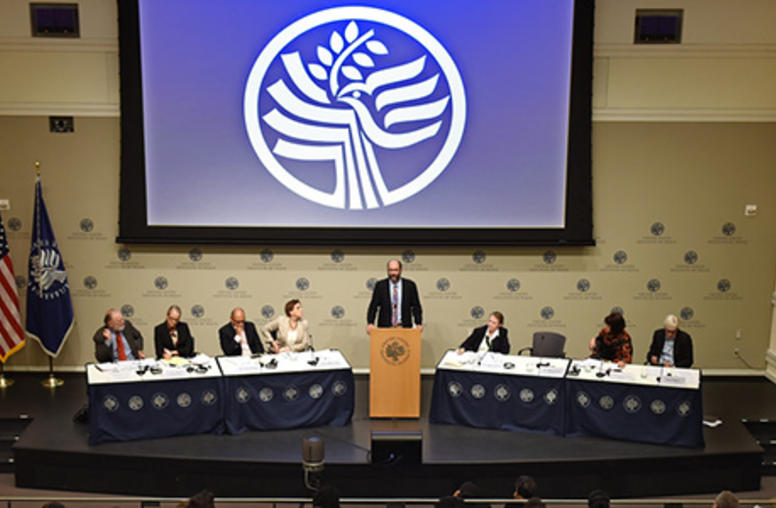
Colombia Considers War and Memory
A breakthrough in peace talks last month between Colombia’s government and the country’s biggest guerrilla group cements the role of victims in the process and has been hailed as a possible model for resolving conflicts elsewhere. Yet after 50 years of violence, a political accord on how to deal with the millions victimized by the war is just the first step. Hardened, bitter memories will risk rekindling conflict. Colombian peacebuilders say the way forward depends on an effective justice sys...
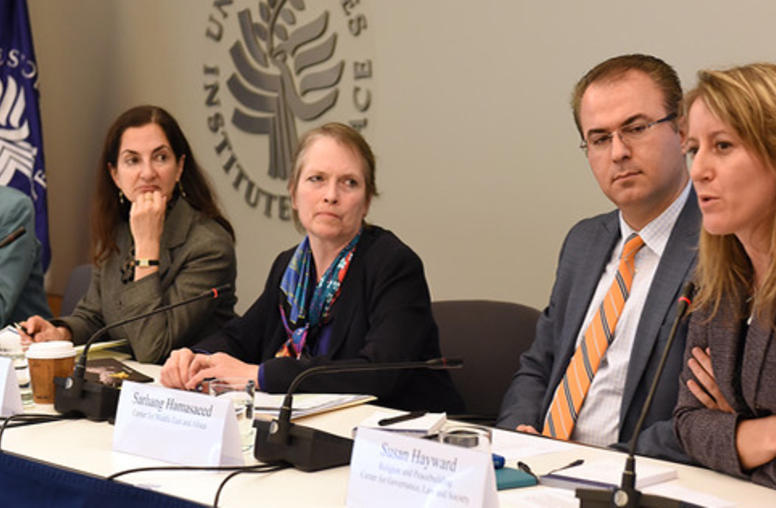
Reconciliation as the Road to Durable Peace
Apology. Confession. Truth-telling. Forgiveness. These are elements of reconciliation, perhaps the most important underpinning for turning a violent conflict into durable peace. Yet building peace is complicated by a reality that human cultures have no agreed definition of reconciliation. Indeed many may resist it as an imposed Western value, USIP scholars said.
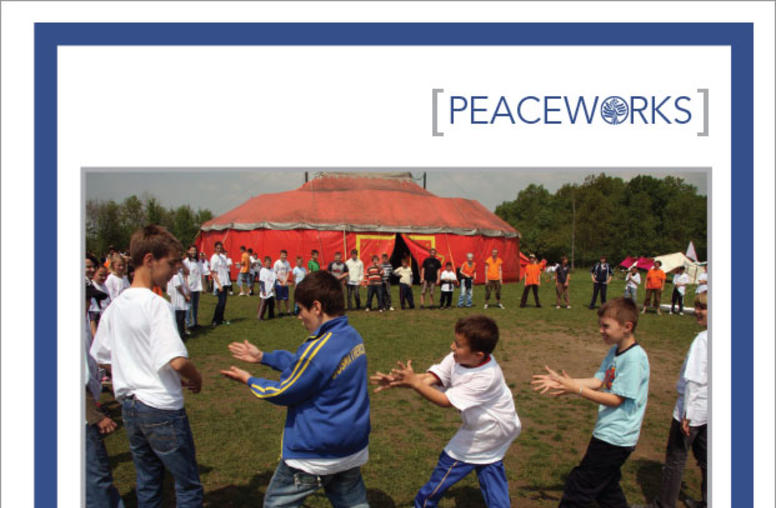
Reconciliation in Practice
Reconciliation projects face two critical challenges: the situation on the ground in postconflict settings and the gap between reconciliation theory and practice. If the society is to transition successfully to a new path forward, the critical knowledge gap must first be closed. The first step is assessing work recently completed or now in progress. How do organizations even define reconciliation? What activities are being undertaken to that end? What theories underpin intervention strategies...